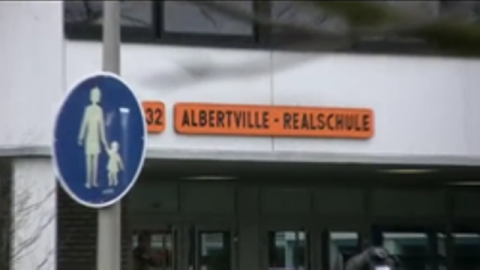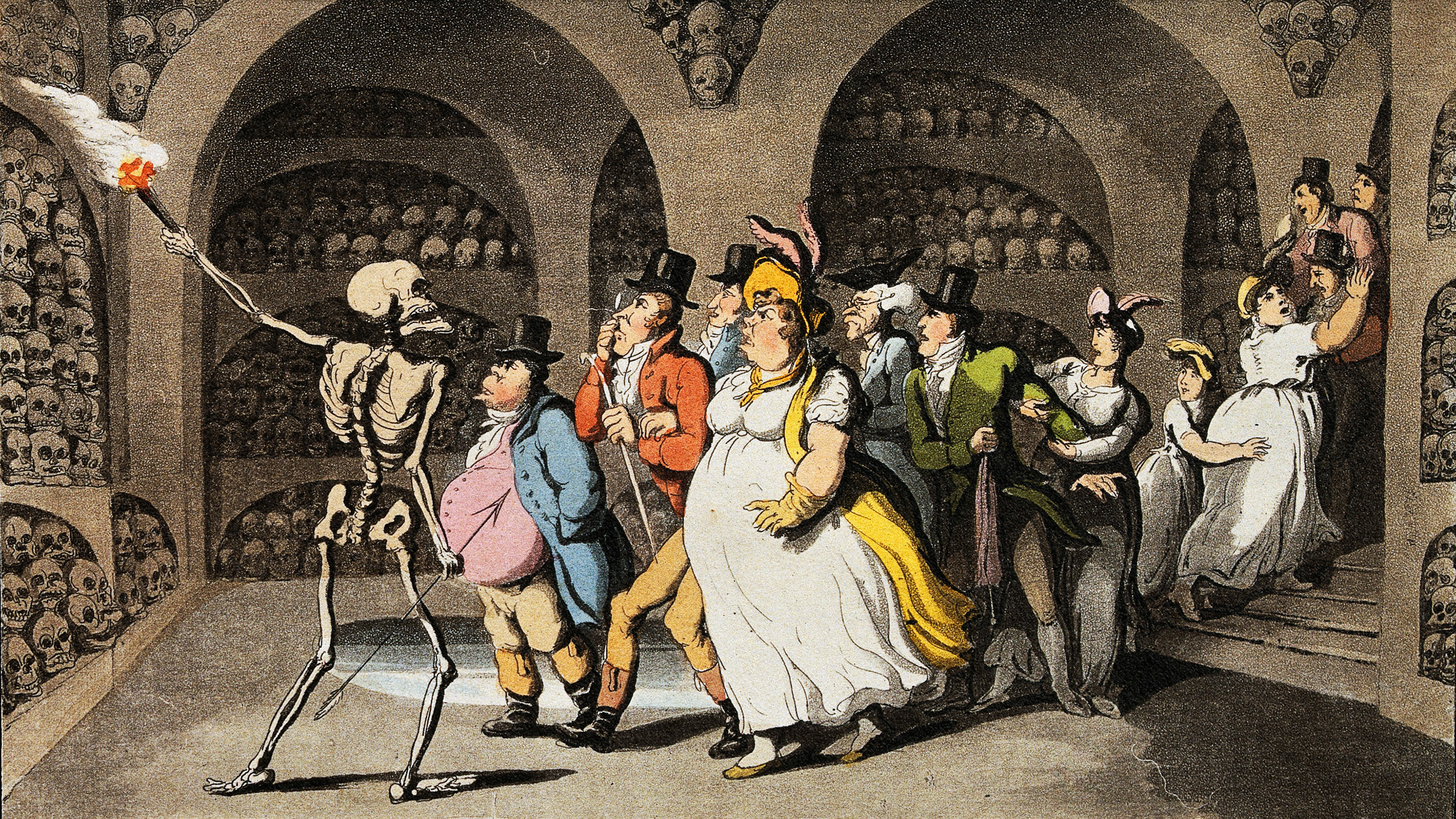Reporting A German School Shooting Rampage

The shootings in Tucson, Arizona appear to have had a truly cathartic effect in the United States. It is almost as though the random actions of a mad man have encouraged a new sense of reason. How long this may last is anyone’s guess. For any outsider looking in, the United States appears deeply polarized, and it is tempting to believe that the increasingly intemperate and extreme lexicon of the least tolerant and their echo chambers in the media and politics have combined to produce the horror that unfolded in Tucson.
None of this can be proved of course, and there are many variables and factors that have to be considered – not least the ability of a disturbed young man to acquire a gun. Nonetheless, even President Obama’s fiercest critics, such as Glenn Beck, appeared to accept that something has gone wrong, even if he, in common with others, can’t quite admit to the danger inherent in allowing verbal violence to reign down on both the sane and insane.
Mass shootings though have become more common throughout the Western World, and just as with Tucson, it would be a mistake to rush to any early conclusions.
On March 11th 2009, I arrived at my newsroom in London, only to be told to get to Heathrow airport as quickly as I could. The wires were already reporting stories of shootings at a school in South Western Germany. My cameraman and I got to the airport as quickly as we could, and took the first flight to Munich. When we arrived there, we hired a car and sped towards a small town called Winnenden.
We arrived to be met by a sea of television vans and satellites parked in a muddy field, set back from a fairly unpretentious, very ordinary little town that nestled in the brow of a hill. As we got our equipment out, we had to navigate the churned mud and the hordes of smartly dressed reporters talking into their cell phones, as in the distance the flashing lights of the police and emergency services lit the early evening gloom.
A former pupil, seventeen year old Tim Kretschmer had gone AWOL, storming into the local secondary school he had left the year before and shooting sixteen pupils, leaving many injured. The boy was variously described as “a loner”, someone who found it difficult to fit in, and who felt embittered by his school experience.
I thought of all of this as I saw the media caravan in Tucson last week. And I thought about what it is to be a reporter on the scene of a terrible, unfathomable tragedy. My first view of the school in Winnenden was of bullet sprayed glass doors and windows, and the knots of school children, many wandering around with their arms around each other, many crying.
My job as a reporter was to convey the facts as I knew them, and to update them as the police gave out more information. I had to somehow manage to impart a sense of the place and the murder scene, without being a) ghoulish or b) over excitable.
Surveying the scene, I remember an overwhelming feeling of not wanting to be there at all. I wanted to get away, and not have to find reluctant students to re-tell their story for the camera. I was struck at the dignified attitude of the students, the speed at which candles had been lit and flowers laid. And I remember feeling appalled as I saw one cameraman martial clearly upset school children into a ‘photo opportunity’.
Later the gun man had apparently fled, finally dying in a hail of police gun fire at a petrol station some miles away, but this was afer he had tried to take even more people with him on his sick odyssey of slaughter.
Does anyone talk about Winnenden now? What was the result of the national discourse that must have gotten underway in Germany after the shootings? And how have the students who witnessed those terrible scenes, or those who were injured and are recovered, come to terms with what they experienced on that tumultuous day?
Perhaps they never have.





